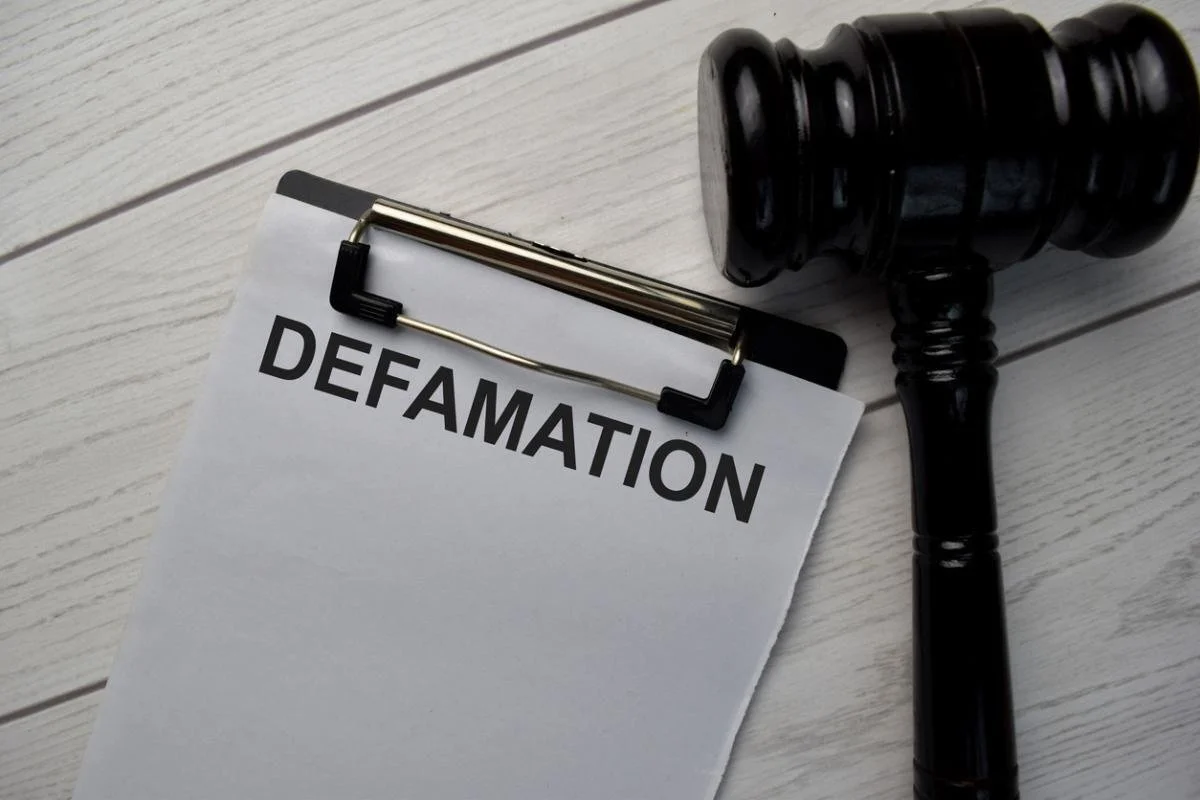Employment Law Issues: Are Nurses Being Punished for Speaking Out About Coronavirus Unpreparedness?
/Some say that nurses know we were not prepared for the coronavirus, and those who speak out are punished.
Nurses Not Provided with Basic Personal Protective Equipment:
Chelsea Halmy worked the night shift at Providence St. John’s Health Center in Santa Monica. When she reported for her shift on April 11, 2020, she made a routine request for an N95 respirator mask before she came into contact with patients. As an experienced healthcare professional, she was well aware that the N95 masks were the most effective protection against the novel coronavirus. Yet the routine request was declined by her supervisor, who advised her that a standard surgical mask was good enough.
Speaking Out About Unsafe Work Environments:
Halmy refused to work with patients until she was provided with the N95 equipment. After her refusal, she was taken to a closed room where her supervisor read from a script that threatened to charge her with insubordination and a “patient abandonment” report to the state Board of Registered Nursing (which could result in the loss of Halmy’s hard-earned nursing license).
Retaliation in the Workplace for Refusing to Work in Unsafe Environments:
Her supervisor then asked her if she would accept a direct order to work with a specific patient who was a Covid-19 patient. She responded that she did want to take her assignment but didn’t feel comfortable going into the room with the patient without an N95 respirator. Three other nurses were allegedly subjected to the same treatment that same night, and seven others earlier that same week. All the nurses who did not accept their patient assignment without the requested N95 respirator were sent home. Since that time, the hospital has backed away from its stance that N95 masks are not necessary for nurses in the unit, but the ten nurses are still on suspension.
Nurses and Healthcare Professionals Throughout the Nation Are In Similar Situations:
Nurses at UC Irvine Medical Center, UCLA Medical Center, and many other healthcare facilities throughout California have participated in multiple candlelight vigils and protests since January 2020 in an attempt to bring attention to conditions and the need for additional protective gear and N95 respirators so they can safetly treat coronavirus patients. Registered nurse Patty Pinedo actively sought to treat residents in a West L.A. hotel that was turned into housing for the homeless during the coronavirus pandemic.
Other Essential Workers Are Also Facing Likely Exposure During Covid-19 Pandemic:
Many other front-line occupations that require direct contact with others can result in dangerous levels of exposure to the virus, like grocery store workers, delivery drivers, etc. But most will agree that healthcare workers are the most vulnerable at this time since their work requires them to come into contact with the virus and to be in close contact with Covid-19 patients in confined spaces. Nurses spend more time with patients than most other hospital employees and staff, and the coronavirus is taking its toll on California healthcare workers. In addition to the threat of exposure to the virus, nurses seem to be suffering an outbreak of threats of termination and discipline from management in response to routine requests for standard safety equipment (or PPE), or public complaints about their facility’s lack of preparation.
More and more healthcare professionals are speaking out about unlawful practices and policies being instituted by healthcare facilities in response to shortages and unpreparedness during the Covid-19 pandemic.
If you need to file a whistleblower lawsuit or if you need to discuss workplace retaliation, don’t hesitate to get in touch with Blumenthal Nordrehaug Bhowmik DeBlouw LLP. Experienced employment law attorneys are ready to assist you in any one of various law firm offices located in San Diego, San Francisco, Sacramento, Los Angeles, Riverside, and Chicago.










